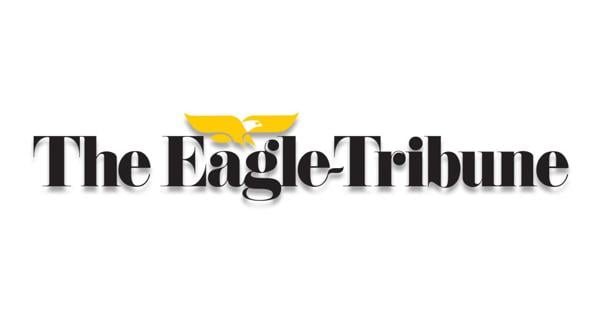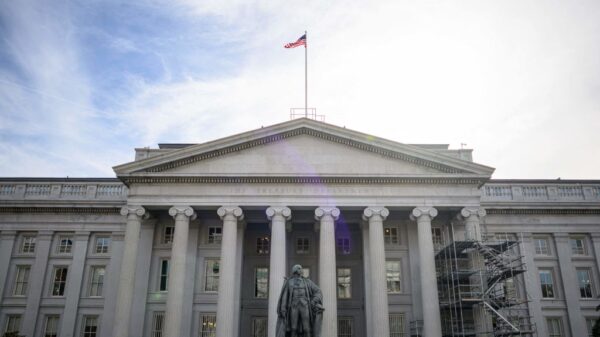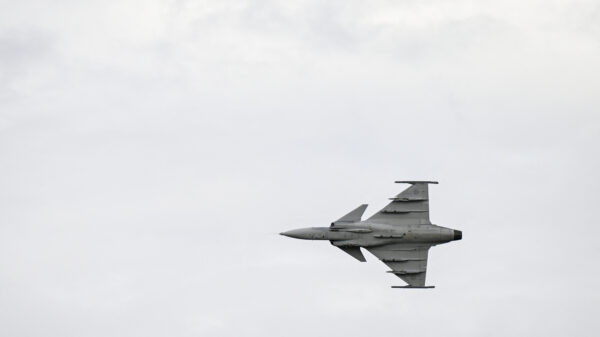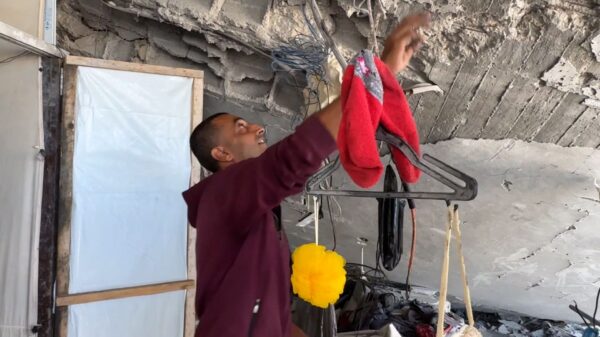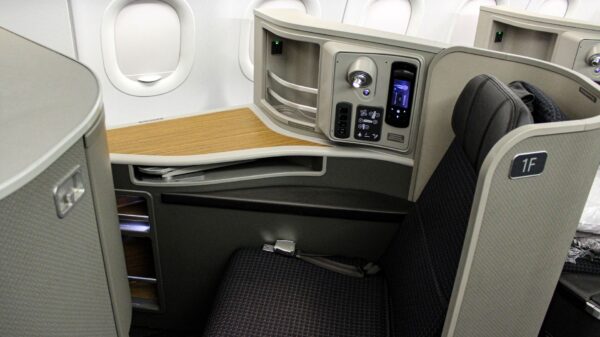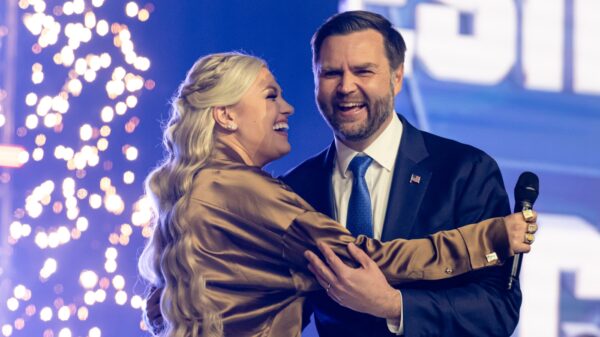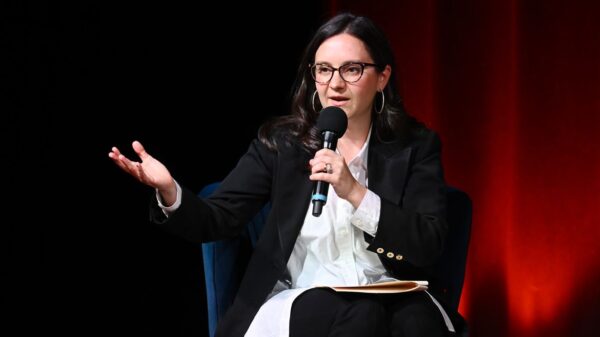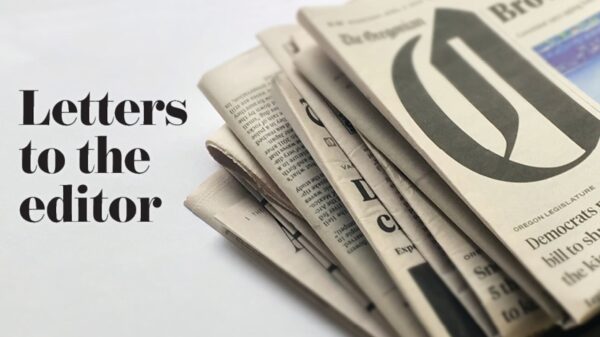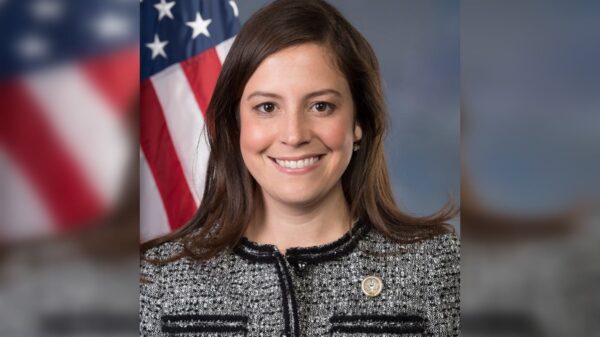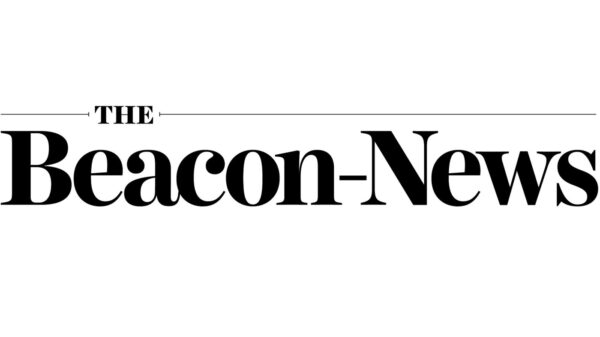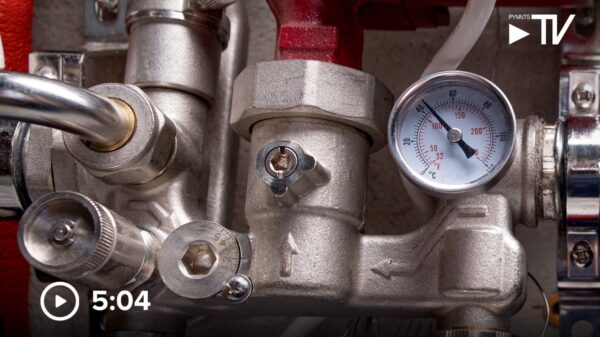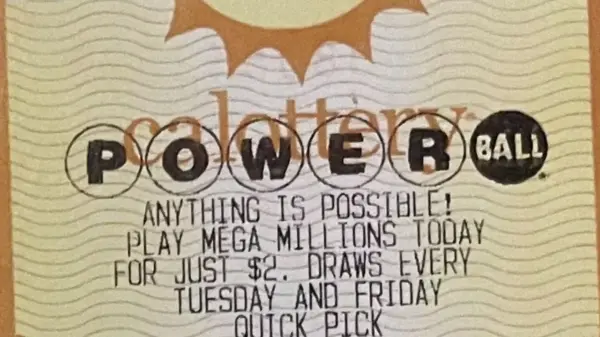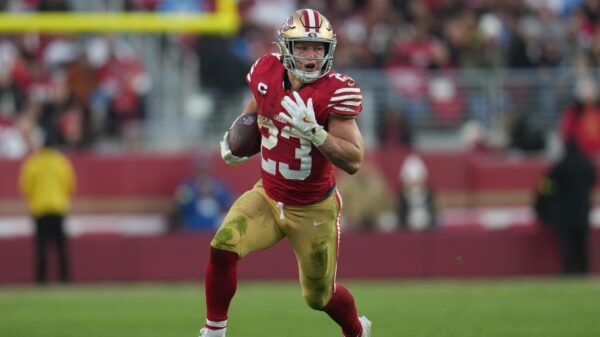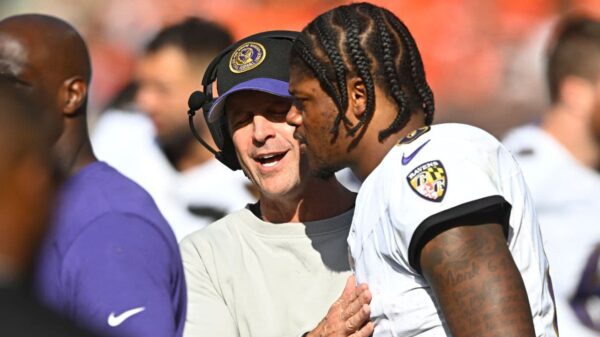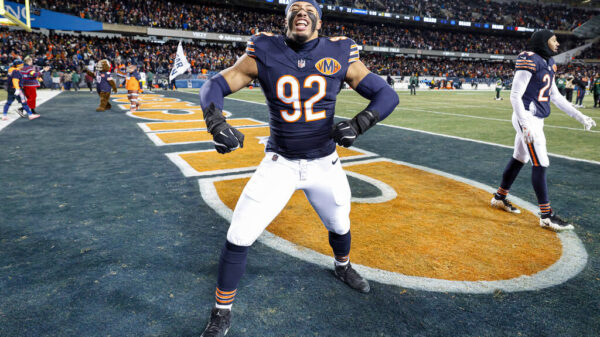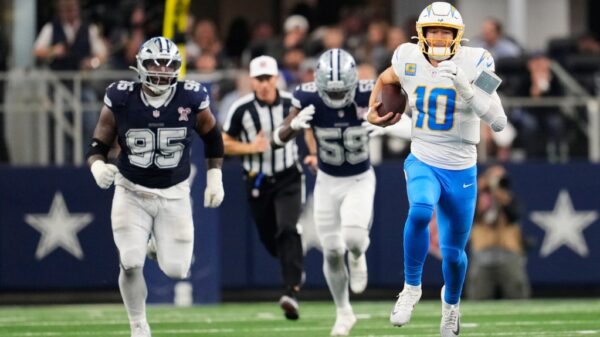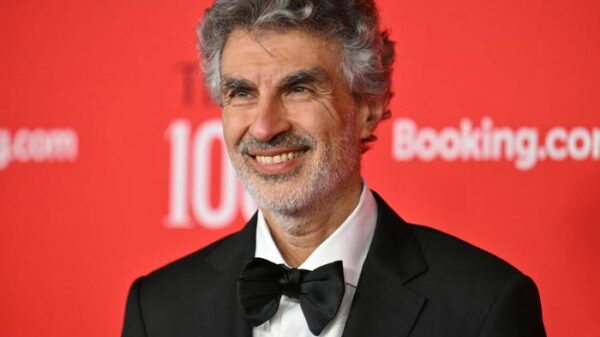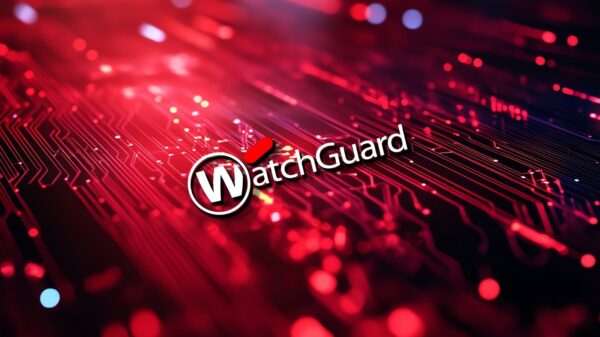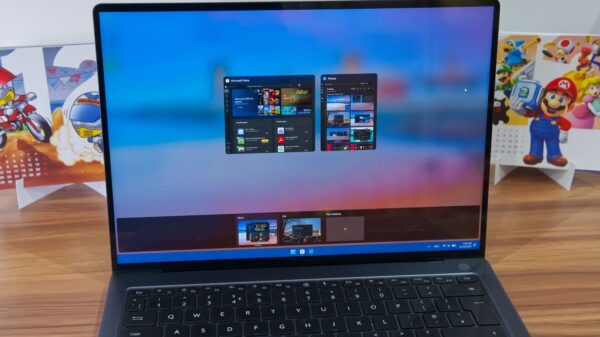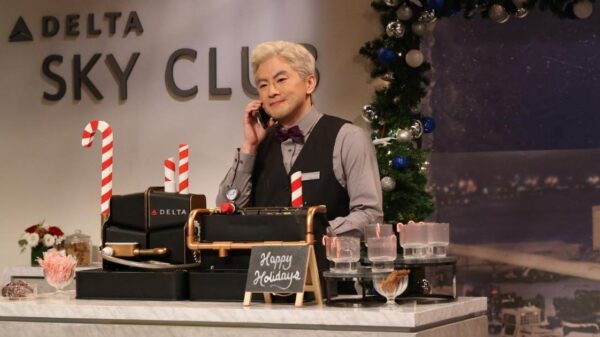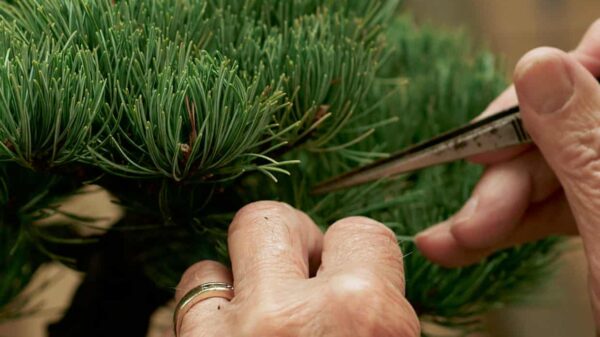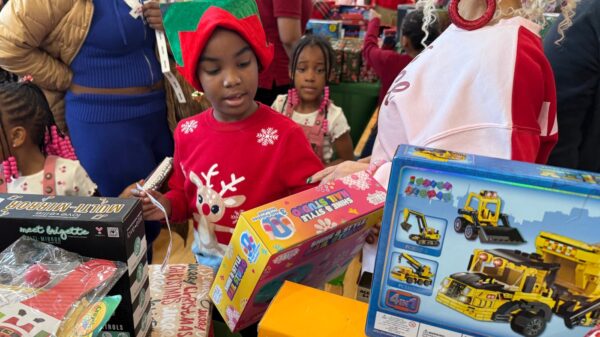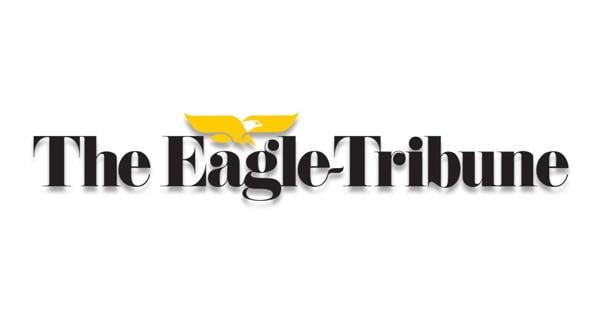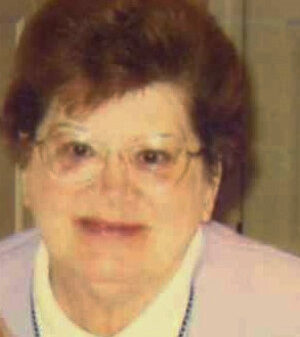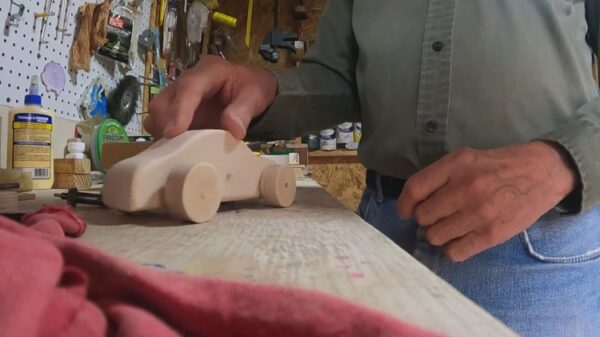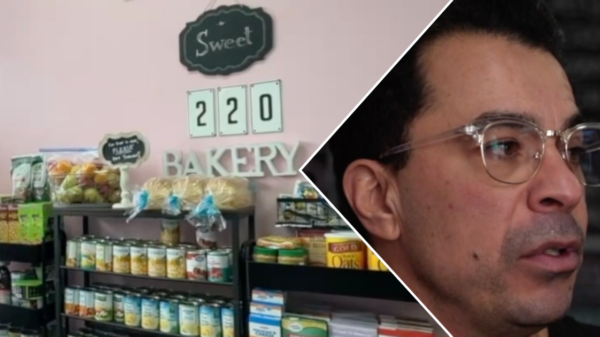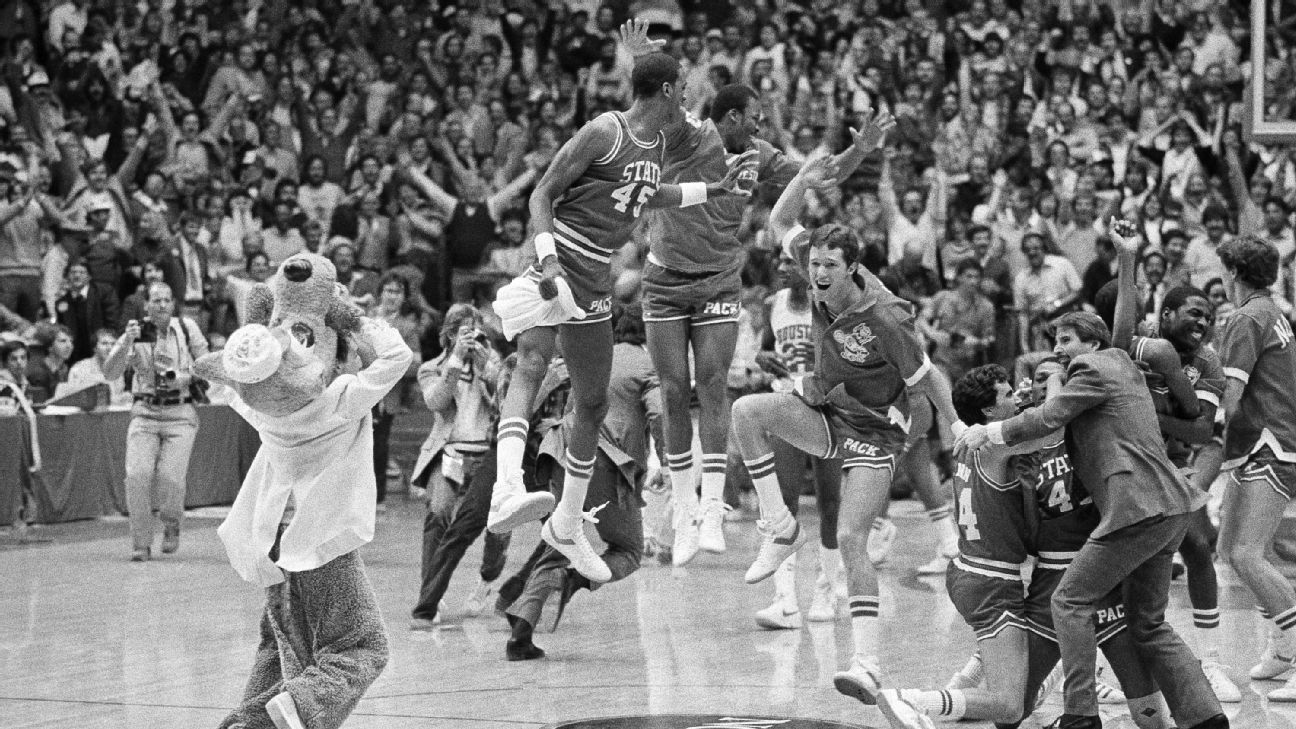UPDATE: A North Carolina judge has just dismissed a lawsuit from the legendary 1983 NC State men’s basketball team against the NCAA, halting their pursuit for compensation linked to name, image, and likeness (NIL) rights. This decision comes as a blow to the team, famously dubbed the “Cardiac Pack”, known for their thrilling victories, including a nail-biting 54-52 win over Houston in the national championship game.
The ruling was issued by Superior Court Judge Mark A. Davis, who cited that the claims were “untimely” and preempted by the federal Copyright Act in a detailed 44-page order released on Thursday. The players had filed the suit in June 2024, seeking a jury trial and “reasonable compensation” for what they described as the systematic misappropriation of their publicity rights over the past four decades.
The lawsuit emphasized that the NCAA and its affiliates have profited substantially from the fame of the Cardiac Pack, generating “scores of millions of dollars” from their iconic victory, including the unforgettable buzzer-beater dunk by Lorenzo Charles that sealed the championship. Coach Jim Valvano famously celebrated by rushing the court, a moment that etched itself into the annals of March Madness history.
The NCAA had previously sought the dismissal after a similar lawsuit by a former Kansas player was also thrown out in April. Judge Davis’s ruling reinforces the challenges faced by former athletes in claiming NIL rights, as he stated, “dismissal of this action in its entirety is appropriate.”
While the NCAA is navigating a landscape of evolving NIL regulations, the recent $2.8 billion settlement from the House vs. NCAA case, approved in June, promises back pay for athletes competing from 2016 onward, highlighting the ongoing fight for fair compensation in college sports.
Notably, neither Charles nor Dereck Whittenburg, who played a pivotal role in the championship game, were among the plaintiffs in this legal action. Attorney Stacy Miller, representing the former players, expressed pride in their efforts, stating, “We are proud of these Cardiac Pack players who stood up in the national fight for justice against a system that colludes to exploit young and often vulnerable student athletes.”
As this legal battle comes to a close, the implications for college athletes seeking NIL compensation remain significant. The dismissal serves as a reminder of the hurdles faced by former players, even as the landscape of college athletics continues to evolve.
Stay tuned for further updates as this story develops.


